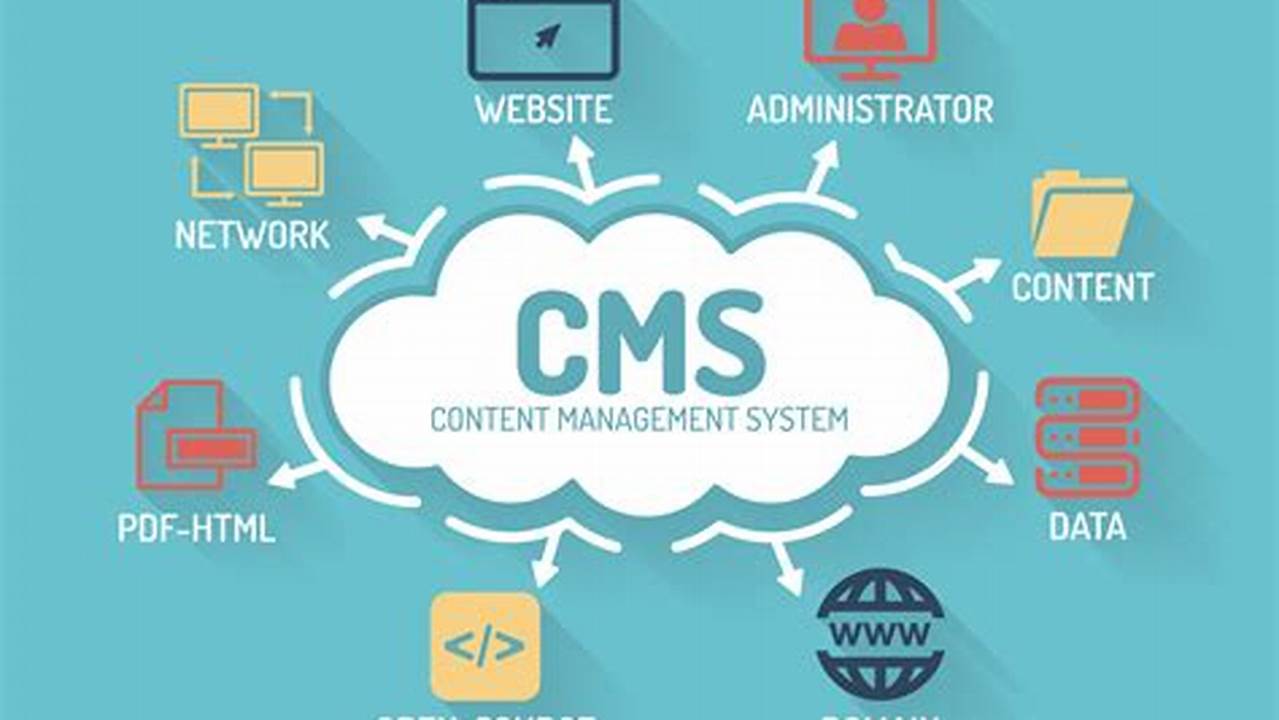Understanding the core components of web development is crucial for success in the digital age. A system for managing digital content offers significant advantages for organizations and individuals seeking to establish and maintain an online presence. This approach streamlines the creation, modification, and organization of website content without requiring specialized technical expertise.
Simplified Web Management
Managing a website becomes significantly more accessible through intuitive interfaces and automated processes. Users can easily update content, add new pages, and modify existing elements without needing extensive coding knowledge.
Improved Collaboration
Multiple users can contribute to and manage website content concurrently, facilitating teamwork and improving workflow efficiency.
Enhanced Design Consistency
Maintaining a consistent look and feel across a website is simplified through the use of templates and pre-designed elements, ensuring a professional and cohesive online presence.
SEO Optimization
Many such systems offer built-in features and tools to optimize content for search engines, improving website visibility and attracting organic traffic.
Scalability and Flexibility
Websites can easily adapt to evolving needs and accommodate growth through the flexible architecture and extensible functionalities provided.
Cost-Effectiveness
Reducing the need for extensive technical support and development resources leads to cost savings in website management.
Increased Security
Robust security features and regular updates protect websites from vulnerabilities and ensure data integrity.
Version Control
Tracking changes and reverting to previous versions of content is facilitated, enabling efficient content management and minimizing errors.
Enhanced User Experience
Providing user-friendly navigation and intuitive content organization leads to a more engaging and positive user experience.
Tips for Effective Utilization
Choose the Right System: Selecting a system that aligns with specific needs and technical capabilities is essential for optimal performance.
Plan Your Content Strategy: A well-defined content strategy ensures consistency and relevance in website content.
Utilize Available Resources: Taking advantage of training materials and support documentation maximizes the benefits of the chosen system.
Regularly Update and Maintain: Keeping the system and its components updated ensures optimal security and performance.
Frequently Asked Questions
How does a system for digital content management benefit businesses?
It empowers businesses to manage their online presence effectively, improve brand consistency, and engage with their target audience efficiently.
What technical skills are required to use such a system?
Most systems are designed with user-friendly interfaces, requiring minimal technical expertise to operate effectively.
Can these systems be customized to meet specific requirements?
Many offer extensive customization options, allowing users to tailor the system to their unique needs and preferences.
What are the different types of systems available?
Various types cater to different needs, including traditional, headless, and decoupled systems, each offering distinct advantages.
How can I choose the best system for my website?
Consider factors such as website size, content complexity, technical expertise, and budget when selecting a system.
What is the role of content in a system for digital content management?
Content is the core element managed within the system, encompassing text, images, videos, and other multimedia elements that constitute the website’s information architecture.
Leveraging the capabilities of a system for digital content management empowers organizations to establish a robust and engaging online presence. By simplifying website management, improving collaboration, and enhancing user experience, this technology plays a vital role in achieving digital success.



